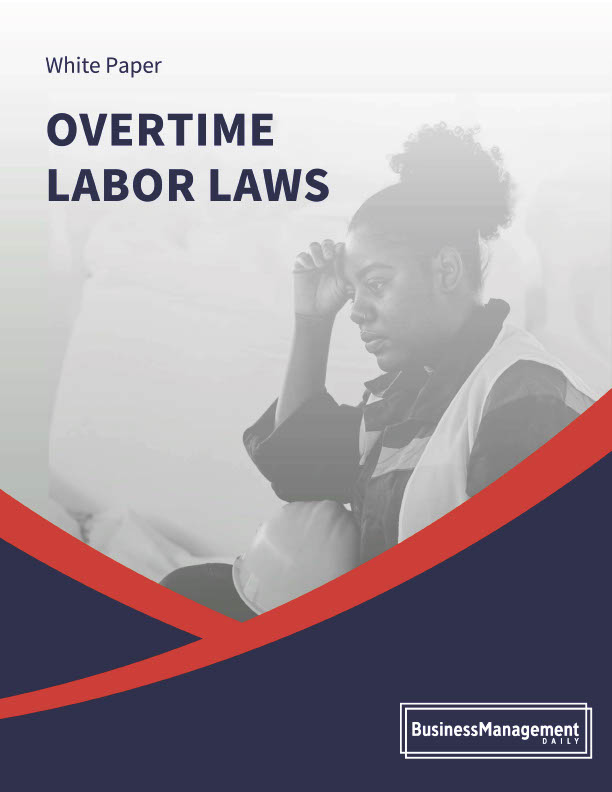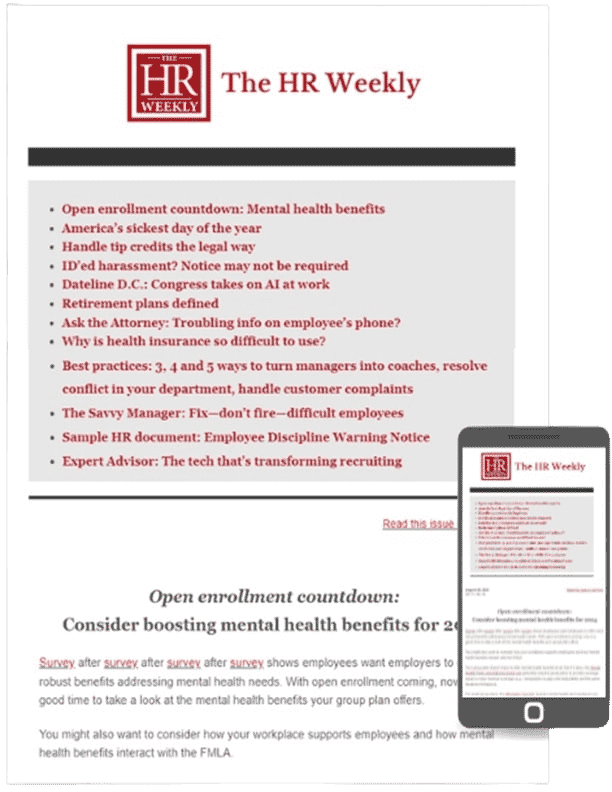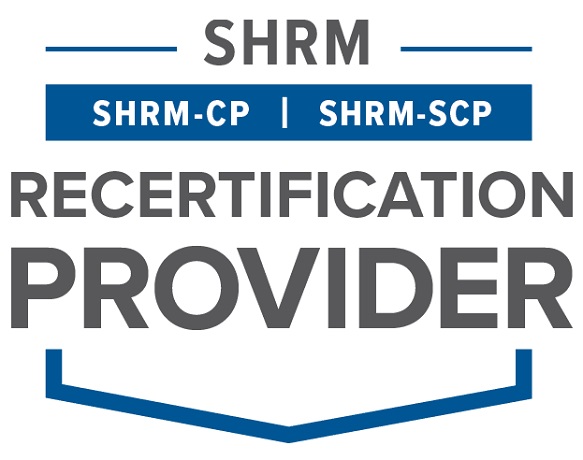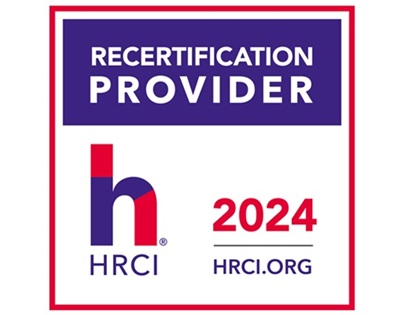
New OT Rules Are Dead: Here’s What to Do

Federal judge strikes down DOL’s new overtime rules. What now?
In a surprising turn of events, U.S. District Court Judge Sean Jordan ruled that the DOL overstepped its authority when it raised the white-collar overtime salary threshold to $43,888 on July 1. Another increase was to have taken effect with the new year, raising the threshold again to $58,656.
Jordan’s ruling applies nationwide, leaving employers no longer bound by these new thresholds and scrambling to determine what to do next. The answer is not so clear-cut.
Many employers already made changes to comply with original rule
You may already have raised salary levels on July 1, when the first phase of the Biden DOL rule went into effect. Alternatively, you may have converted previously exempt employees into nonexempt, hourly workers and started paying them overtime. While you no longer need to comply with these rules, turning back the changes you made could be tricky and have legal implications. Adding to the confusion, the DOL may still appeal this ruling, leaving its fate in murky waters, and employers unclear how to act in the meantime.
Consider your options carefully or risk unexpected legal complications
Do you now convert newly nonexempt workers back to exempt status? Are you allowed to cut the salary of employees whose pay you increased to meet the threshold? Can you take back overtime already paid in anticipation of these new rulings?
Join employment lawyer Anniken Davenport on December 5 for this just-added emergency overtime webinar. Get your questions answered and learn what you need to know to stay on the right side of the rapidly changing legal landscape.
Webinar Agenda
- The Biden OT regulations. What the old rules said and what changes you might have already made.
- The federal ruling. Unpack the litigation and what, exactly, the federal judge ruled.
- The implications. Learn how this ruling restrains the DOL’s ability to set salary rates for exempt workers.
- Prospects for appeal. Should you wait for an appeal or act now to reclassify hourly employees to exempt?
- Rethinking changes already in effect. What to do if you already announced raises for Jan. 1, 2025, when higher salaries were supposed to go into effect.
- Re-reclassifying employees. A step-by-step guide to reclassifying hourly workers to exempt status and resume not paying overtime.
- What about morale? How to explain the changes and navigate conversations with employees.
In this 75-minute interactive online training, you will learn:
- What changes to make now that overtime rules are dead.
- Why it’s more important than ever to get classification right.
- How to deal with the backlash from a ruling that cuts overtime pay.
Get answers to YOUR questions from presenter…

Anniken Davenport is a noted employment law attorney and the legal analyst and senior editor of HR Employment Law Advisor and HR Specialist: Employment Law. She has authored several books, including The Employer’s Practical Legal Guide and Bulletproof Your Employee Handbook. Anniken has served as a professor at Penn State University, where she taught business law and HR management, and she directed the Legal Studies Program at Wilson College. Her legal career includes representing government units in discrimination and other employment law cases and representing school districts in labor negotiations.
Registration bonuses included:

Everyone who registers will receive our white paper, Overtime Labor Laws, which explains how overtime is covered by the federal Fair Labor Standards Act. The FLSA has been updated and amended numerous times since being implemented in 1938 and now incorporates more rights like protections against discrimination, the Equal Pay Act and more.

You'll also receive one month of exclusive access to The HR Weekly – our comprehensive service with all the HR advice and compliance tools to simplify your job … and to keep your organization out of court. So that you continue to benefit from The HR Weekly, we will continue your subscription after that for the then current rate, unless you tell us "no, thanks" – your choice.

We promise you'll be satisfied.
If New OT Rules Are Dead: Here’s What to Do fails to meet your needs in any way, we will refund 100% of your tuition – every penny you paid – but your course materials and registration bonuses will be yours to keep. No hassles, no questions asked.
Professional Recertification Credit Hours Included

Business Management Daily is recognized by SHRM to offer Professional Development Credits (PDC) for SHRM-CP® or SHRM-SCP® recertification activities.

This Program has been pre-approved for 1.25 HR (General) credit hours toward aPHR®, aPHRi™, PHR®, PHRca®, SPHR®, GPHR®, PHRi™ and SPHRi™ recertification through HR Certification Institute® (HRCI®).
